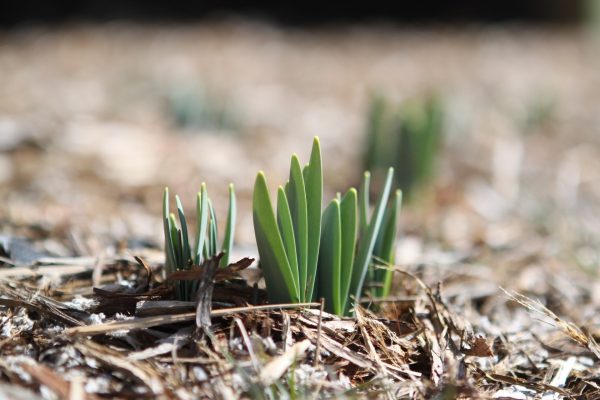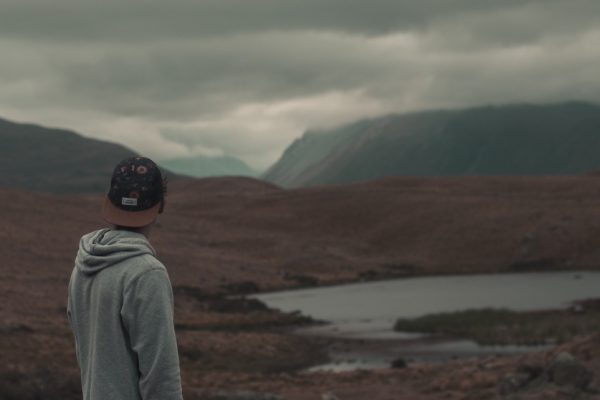Transcript:
Karati shimcha hashem mibor tachtiyot.
I have called Your name, Hashem, From the depths of the Pit (Lamentations 3:55).
Repairing, educating, organizing, and fighting can be exhausting. From the pit of the injustice, from the depths of the work, from our heaviest exhaustion, we call out, desperate for rest.
Today, we let materials and creativity facilitate a restful state and offer insight into the rest we need.
For our practice, you’ll need some materials for creating – anything from watercolors or markers to recycled paper and found objects. You’ll also need a piece of paper and a pen or pencil. Take a moment to go find those materials — press “pause,” find them, and then press “play” again.
To begin, take a moment to respond in writing, with just one word or phrase, to the prompt: When I think of rest, I think of _______.ִ
ַֽKi sheshet yamim asah Hashem et ha’shamayim v’et ha’aretz, et ha’yam v’et kol asher bam; vayanach b’yom ha’shevi’i; al ken berach Hashem et yom ha’shabbat va’yekadeshehu.
For in six days Hashem made the heavens and the earth and the sea, and all that is in them, and G!d rested on the seventh day; therefore Hashem blessed the sabbath day and made it holy (Exodus 20:11).
We are more than what we produce. We are more than what we make, more than what we do. Like the earth, we need rest. Created in the image of the divine, our work of creating is fullest when we pause.
What are the colors of rest? What shapes and forms reflect the rest you seek? Turn to your materials, to whatever you have before you. Pick up whatever color or material seems to tug at you, and just start making marks on your page.
Sink into the flow of making marks. You don’t need to be anywhere else right now. You don’t need to produce anything. There is no “right” color to use, no “right” way to form the lines or shapes that are emerging. For the next two minutes, let the materials carry you.
Find your stopping place for now. You can return to this flow again later, if you’d like.
Find your paper and pen/pencil again, and take a couple of minutes to witness your piece. What do you notice about what’s on the page? What are these colors, shapes, lines, and textures? What are they trying to teach you, to offer?
Know that you can return to this practice again – you can let materials guide you, show you a way so that your conscious, active mind can rest; Know that your rest is essential, is sacred.
May your call from the pit of work and exhaustion be answered, may you be restored.
Rabbi Rebecca (Bec) Richman (she/her) is the Assistant Rabbi and Beit Midrash Director at Germantown Jewish Centre and the Founding Director of the West Philadelphia Art Beit Midrash. A graduate of the Reconstructionist Rabbinical College and the Wexner Graduate Fellowship, Bec trained as a campus rabbi at Brandeis University, completed a unit of Clinical Pastoral Education at the Hospital of the University of Pennsylvania, and participated in T’ruah’s Year in Israel Fellowship. As a Jewish Studio Project Fellow, Bec integrates Jewish learning and creative practice. During the COVID-19 outbreak, Bec launched and has continued to facilitate a virtual art beit midrash twice a week, bringing together Jews from around the country to think, process and create in a shared, virtual art studio. In addition to her rabbinic work, Bec is a soferet (scribe), Hebrew calligrapher, ceramicist, and mikveh shomeret (guide). Bec lives with her partner and their sweet kiddo in sunny, West Philadelphia.











